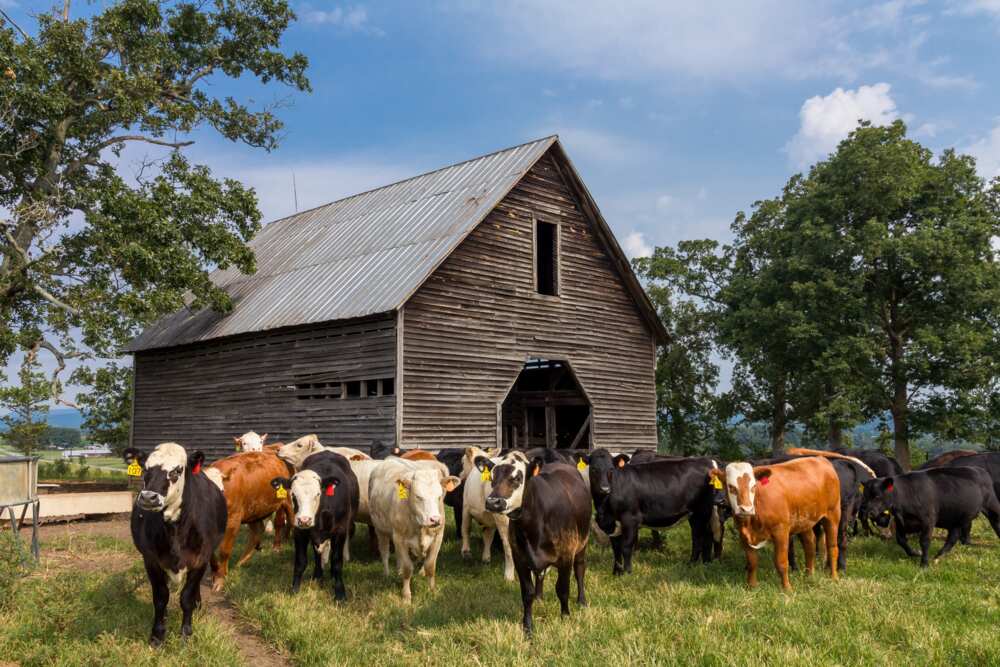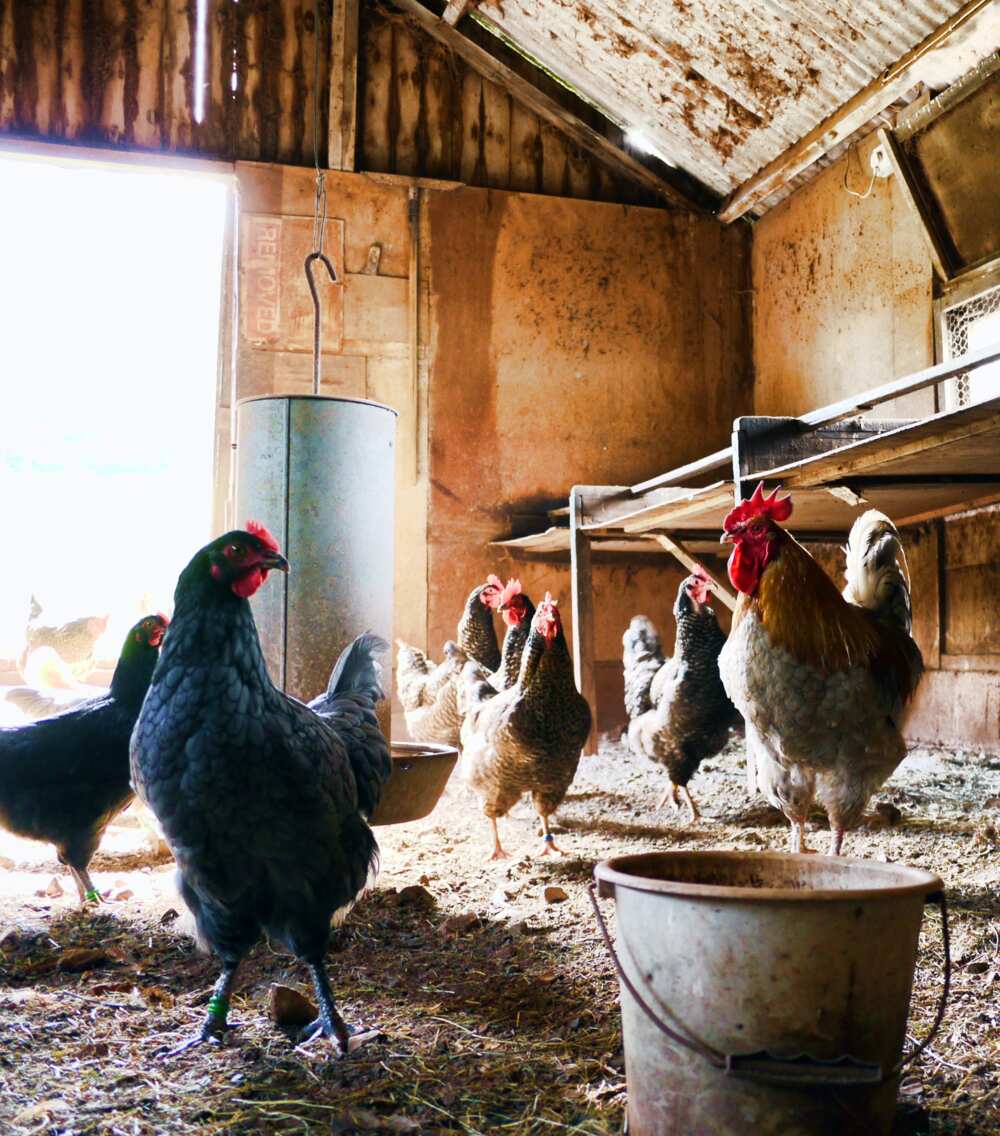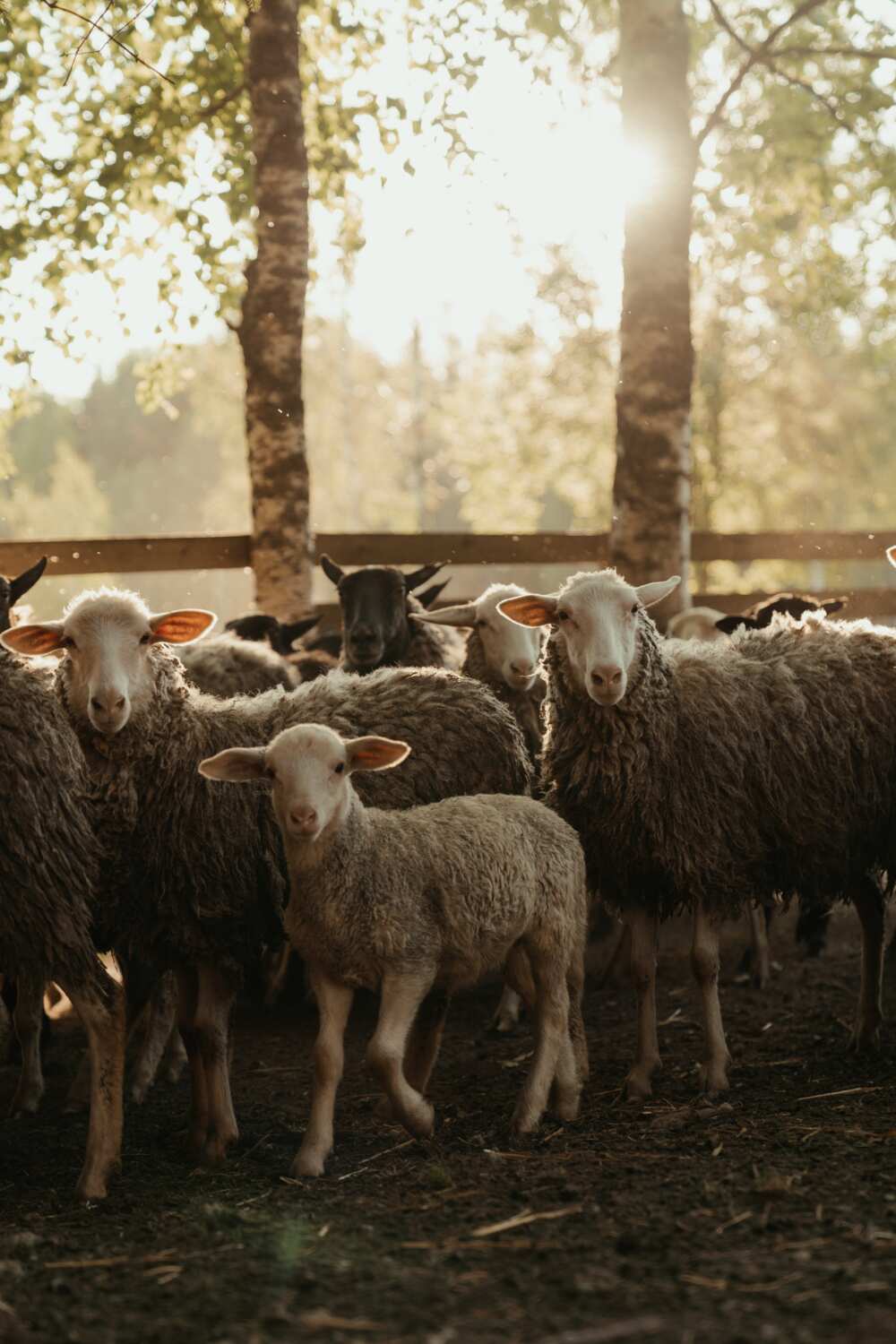Advantages and disadvantages of pastoral farming explained
Did you know that grazing and ranching are other words used to mean pastoral farming? In this type of agriculture, people keep animals for subsistence or large-scale produce. People from different communities and continents practice ranching. Like other types of agriculture, there are advantages and disadvantages of pastoral farming in Nigeria and other parts of the world.

Source: UGC
Knowing the advantages and disadvantages of pastoral farming is important to all practising and prospective farmers. This knowledge will help you compare different forms of agriculture so you can pick what works best for you.
What is pastoral farming?
Ranching or grazing refers to keeping domestic animals for dairy, eggs, meat, or other animal products consumed by human beings. Pastoralists do not grow crops.
The distinction between pastoral and nomadic pastoralism is that ranchers keep their animals on a piece of land they have some form of ownership.
PAY ATTENTION: Follow us on Instagram - get the most important news directly in your favourite app!
In the latter, a farmer moves with their livestock from one location to another, searching for water and food. They tend to feed their animals on land they do not own. The commonly grazed animals in Nigeria are cows, sheep, chickens, goats, and camels.
Advantages and disadvantages of pastoral farming explained
Discover the advantages and disadvantages of pastoralism below. This information will help you determine if this is the best kind of agriculture you should practice in 2022.

Source: UGC
Advantages of pastoral farming
There are several pros of livestock keeping in Nigeria, as listed below.
- It can be done on dry land where plants or crops cannot thrive. If you own a piece of land that is not arable, you can make it profitable by keeping livestock as long as you figure out where to get appropriate feeds.
- It provides the farmer and local people with rich protein sources, including milk, eggs, and meat. All human beings need proteins in their diet for proper health.
- It helps with carbon sequestration or the process of capturing and storing atmospheric carbon dioxide. This reduces the amount of carbon dioxide in the atmosphere, thus reducing global climate change.
- Some of the animals can be used for transportation and ploughing. A rancher can use the strong animals to plough the land to plant crops used to feed the animals. Animals like camels can be used for transport.
- Animal waste can be composted to make manure to fertilise the land. The manure can make your piece of land more fertile for feed or other types of farming.
- Animal waste can be used as a source of fuel. You can use animal droppings to produce biogas, a clean and renewable energy source.
- Animals and animal products can be exported to other countries for meat and other products, e.g. wool, hides, and skins. These products earn the country foreign exchange.
- Ranching provides job opportunities for people living in dry areas. Big ranches create jobs for many locals.
Disadvantages of pastoral farming
Everything on earth has pros has cons too. Ranching poses the following disadvantages to a livestock keeper.
- The biggest undesirable effect of pastoral farming is attack by pests and diseases. Some pests and diseases can kill the animals, leading to hefty losses. Regular veterinary check-ups and vaccinations can prevent this.
- It can be pretty expensive to get animal feeds. Many ranchers have to buy feeds for their animals. Due to the current economic situation, feeds are quite expensive.
- Many ranchers experience challenges with financial and insurance services. Many banking systems do not classify livestock as insurable. The pastoral farmers are excluded from the credit systems.
- Overgrazing in a pastoral area can lead to many problems, including soil erosion and destroying the land's natural vegetation.
- Climate changes have led to increased drought and aridity in many parts of the world, making it increasingly challenging to do this type of agriculture. This has led to the death of herds of livestock.

Source: UGC
What are the advantages of pastoral farming?
The merits of ranching include it utilises land that is not arable, some animals can be used for transportation and ploughing, and the animal waste can be composted to make manure. Ranching also provides job opportunities, and products can be used to earn the country foreign exchange.
What does pastoral mean in agriculture?
Pastoral refers to the practice of keeping domestic animals for subsistence or commercial uses. The most commonly grazed animals in Nigeria are goats, sheep, cows, chickens, and camels.
Where is pastoral farming most common?
This type of agriculture is widespread in Ireland, Australia, Argentina, New Zealand, Canada and the Western United States. Many countries in Africa also practise this type of farming.
There are various advantages and disadvantages of pastoral farming in contemporary Nigeria. If you desire to become a farmer, you should weigh the cons and pros of each type of agriculture before making the final decision.
READ ALSO: Types of farm records and their uses: The complete guide
Legit.ng recently published a list of different farm records and their uses. Farmers need various records to track the income and expenditure of their agricultural lands.
The records are also used for inventory taking. These records promote proper management of human and non-human resources and sales. Without them, a farmer can make losses.
Source: Legit.ng




